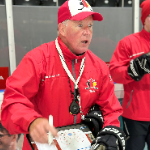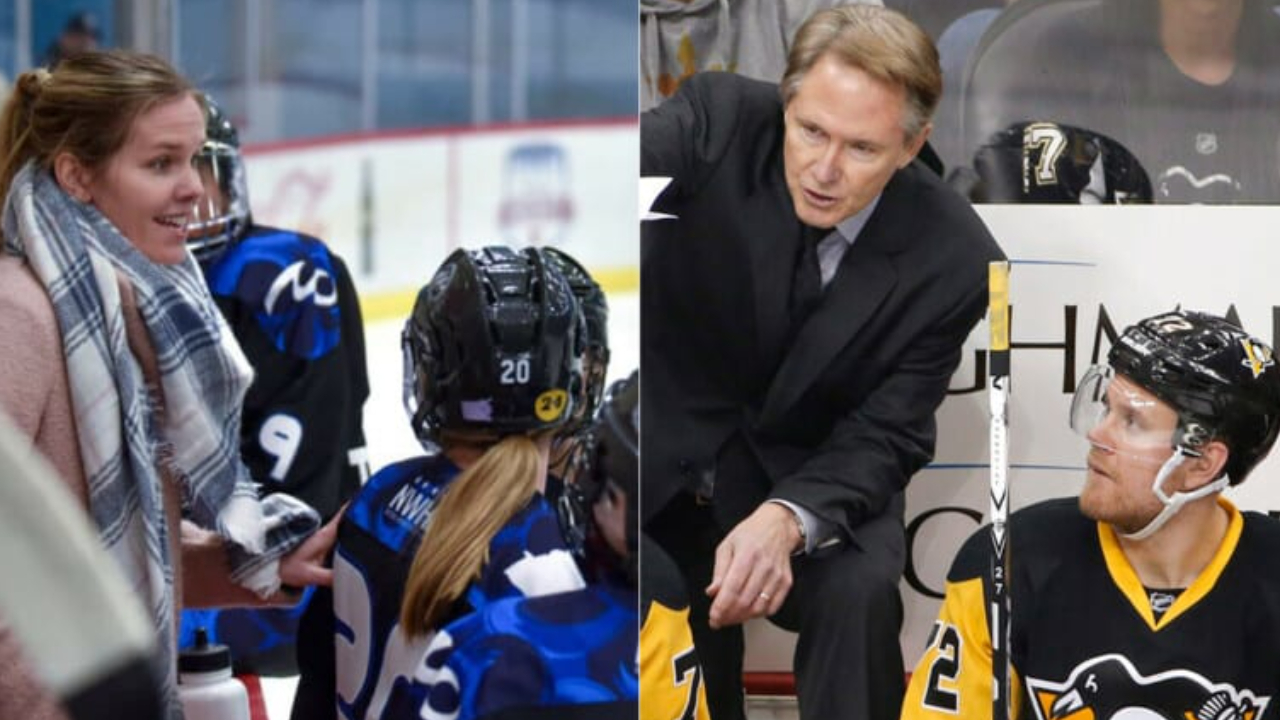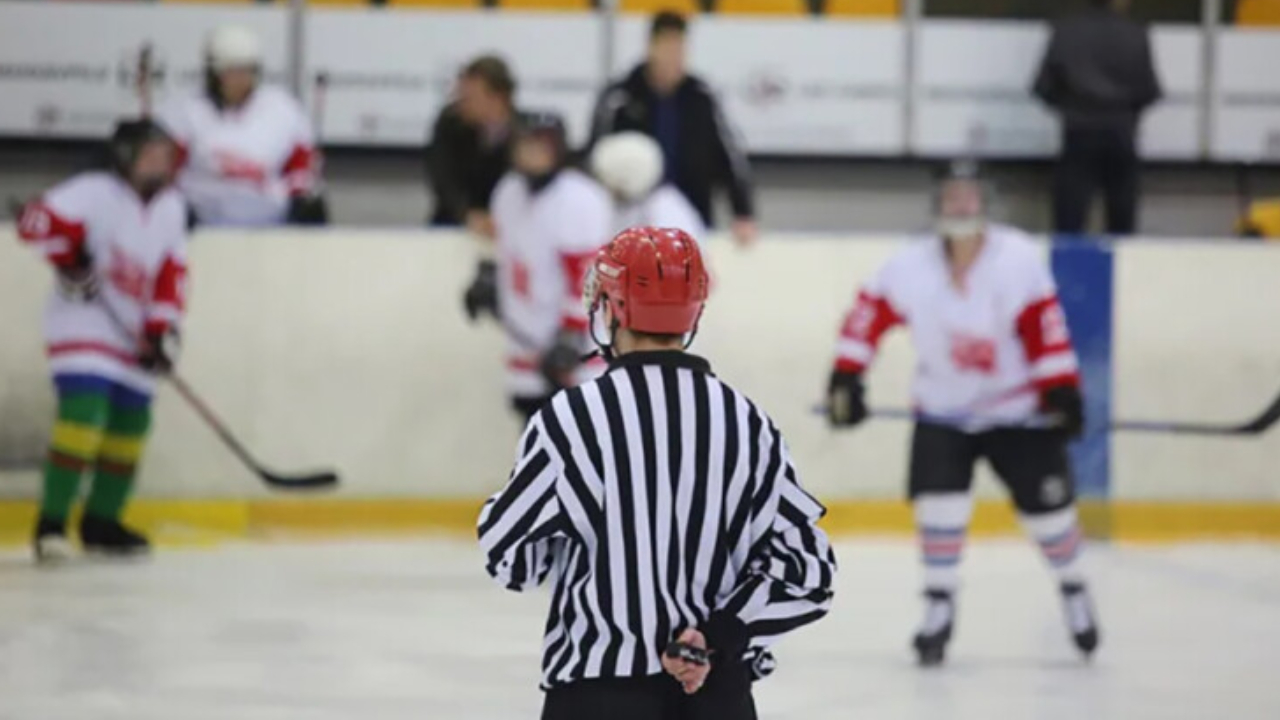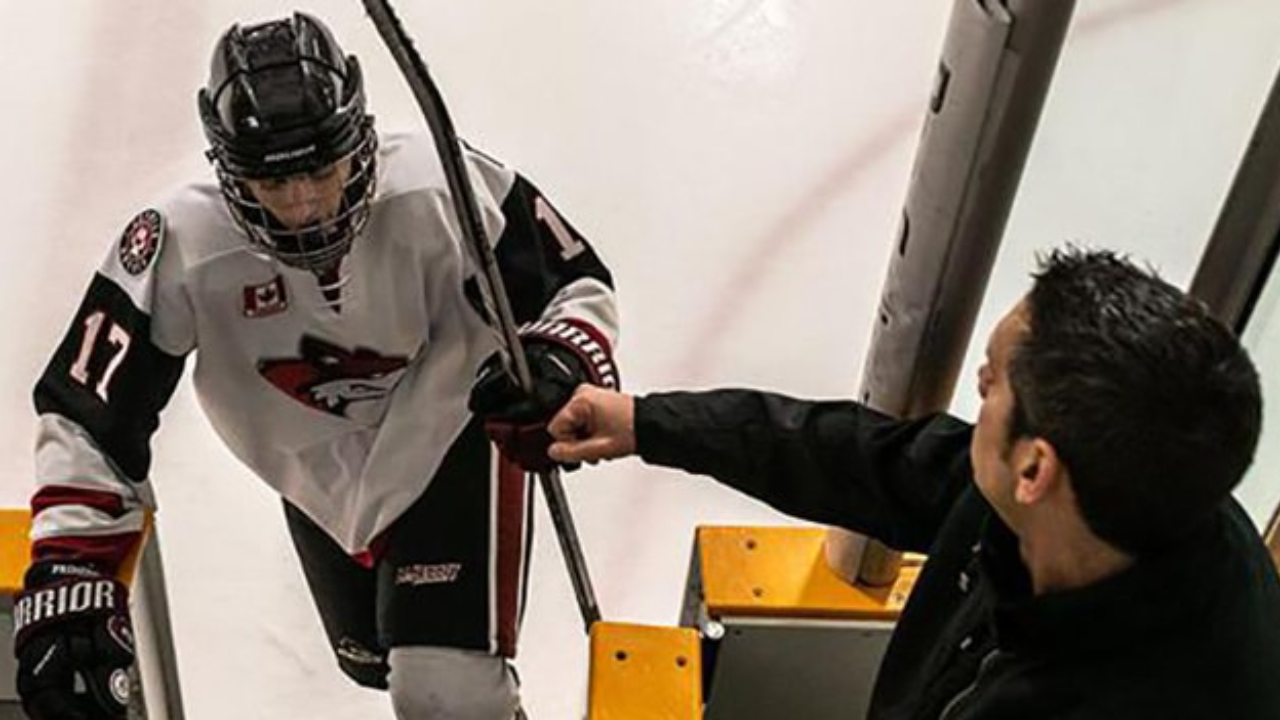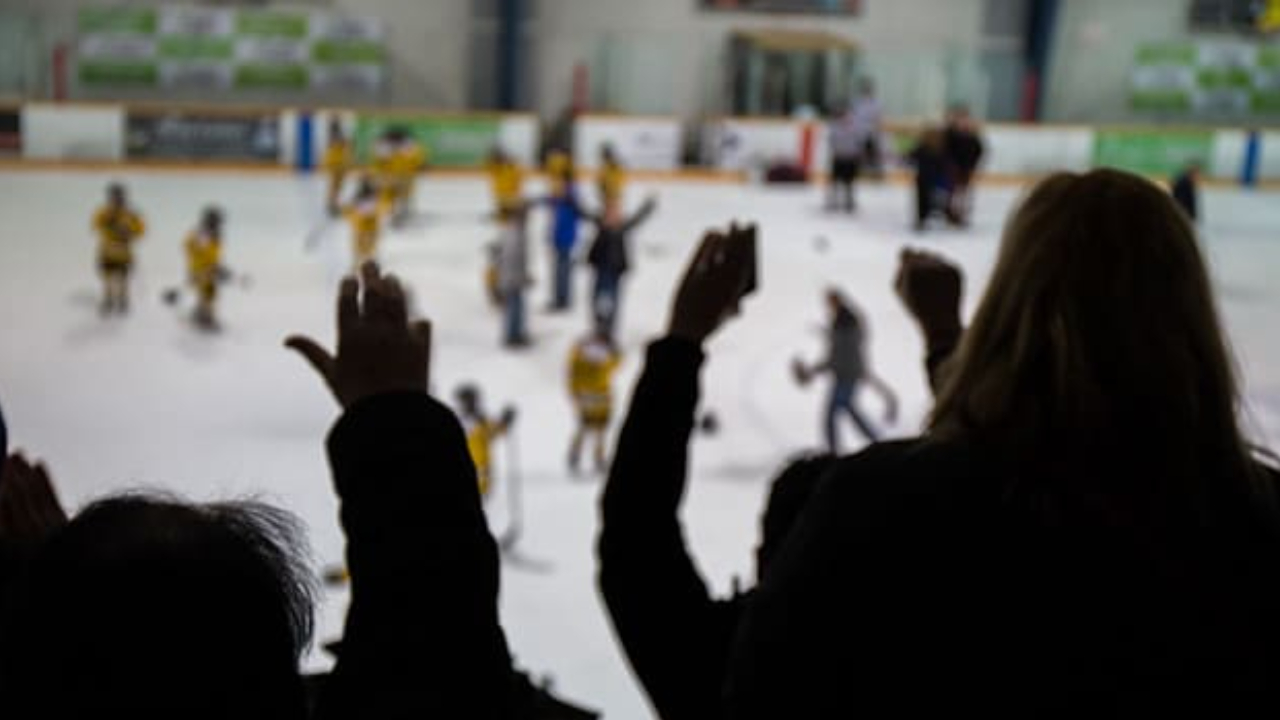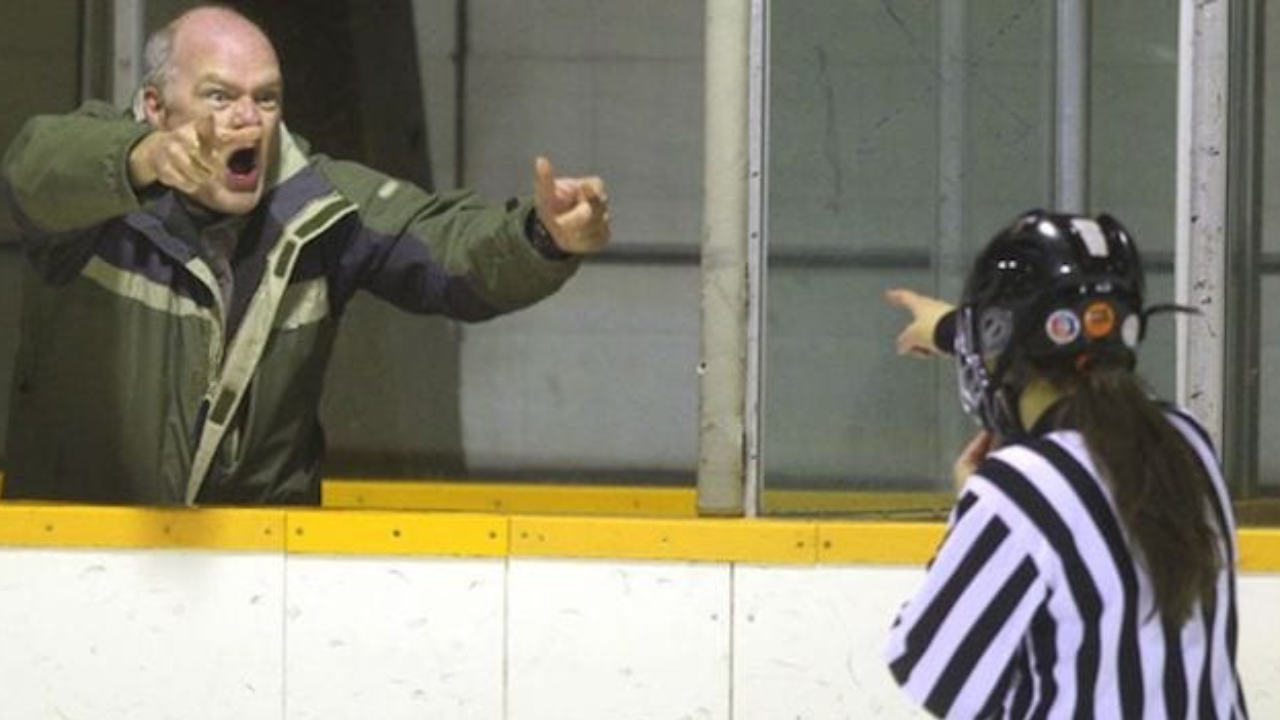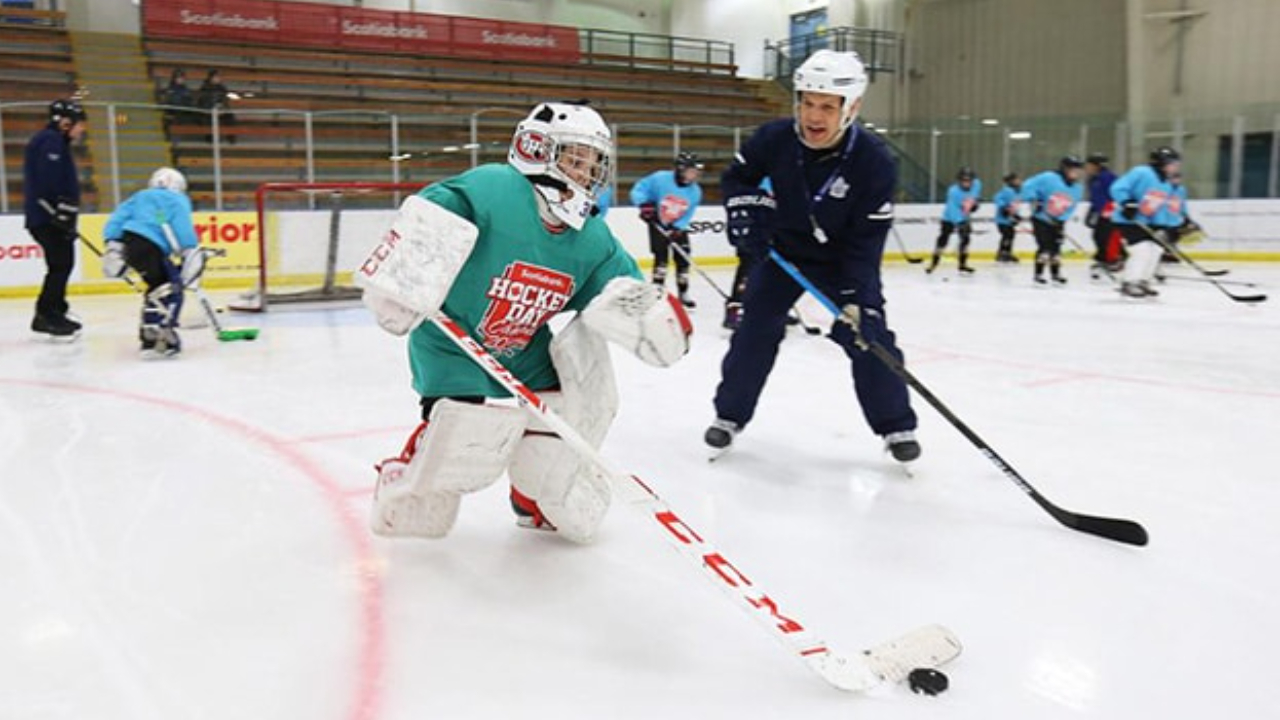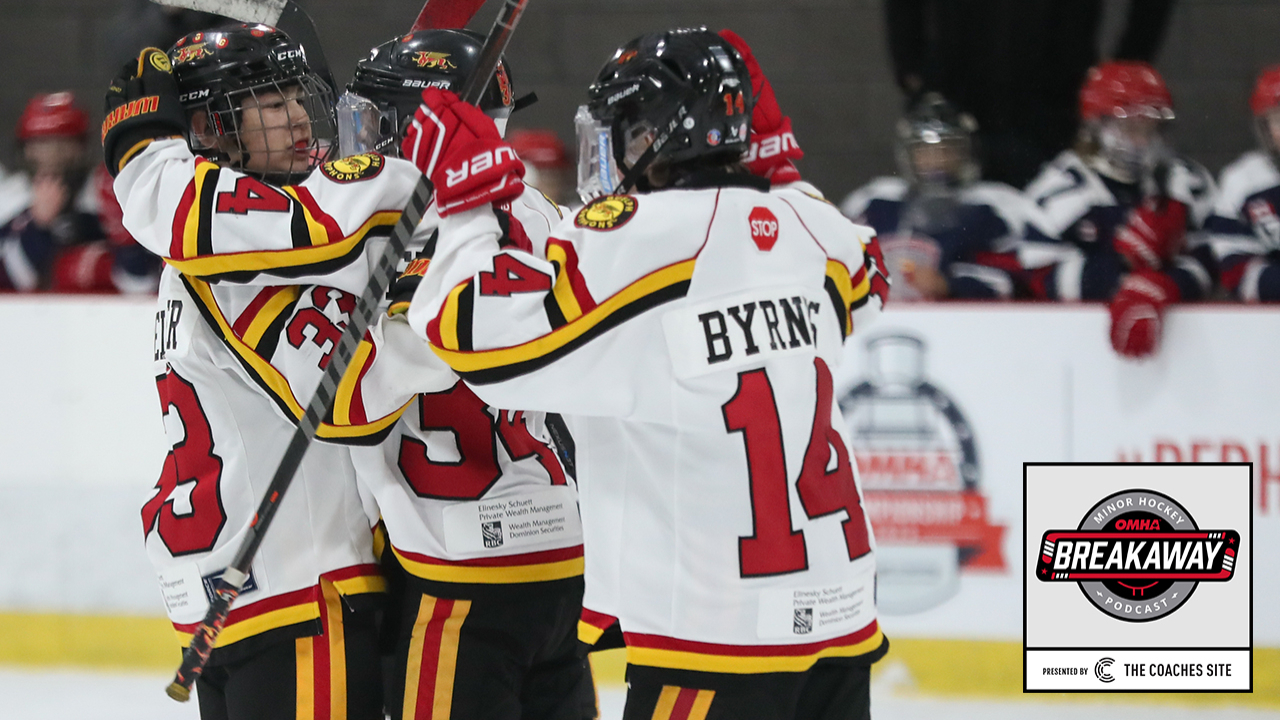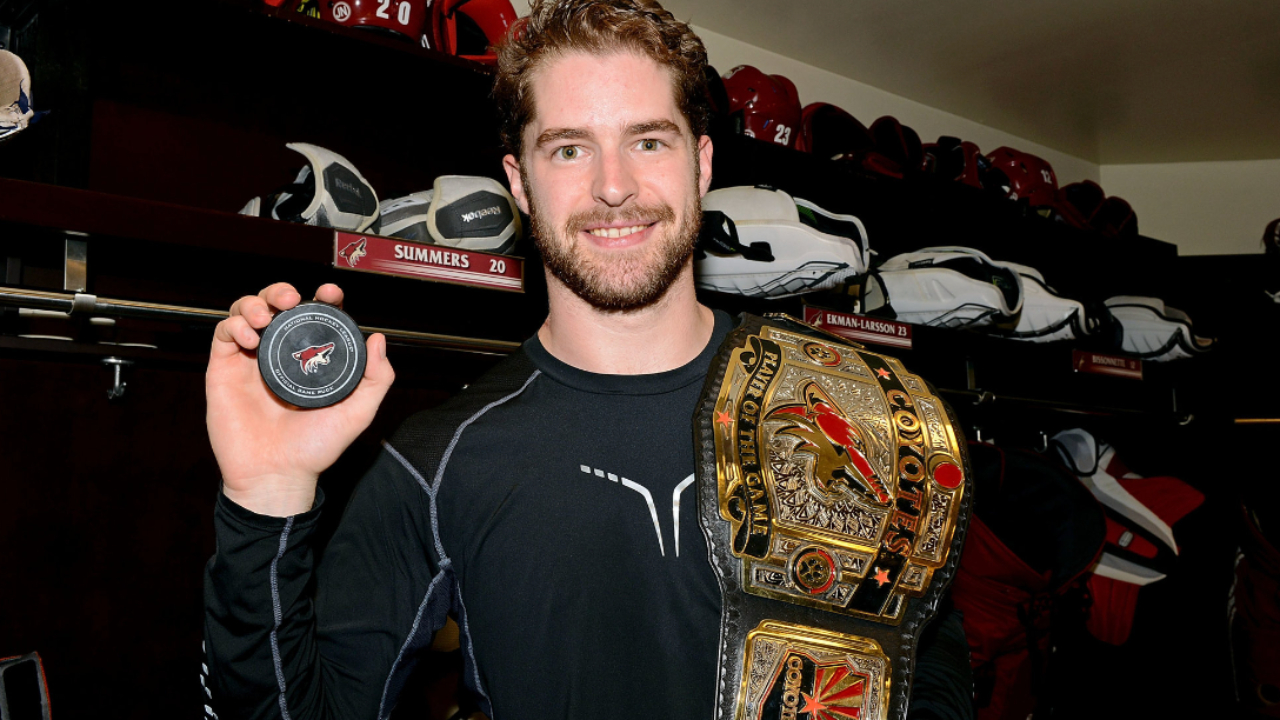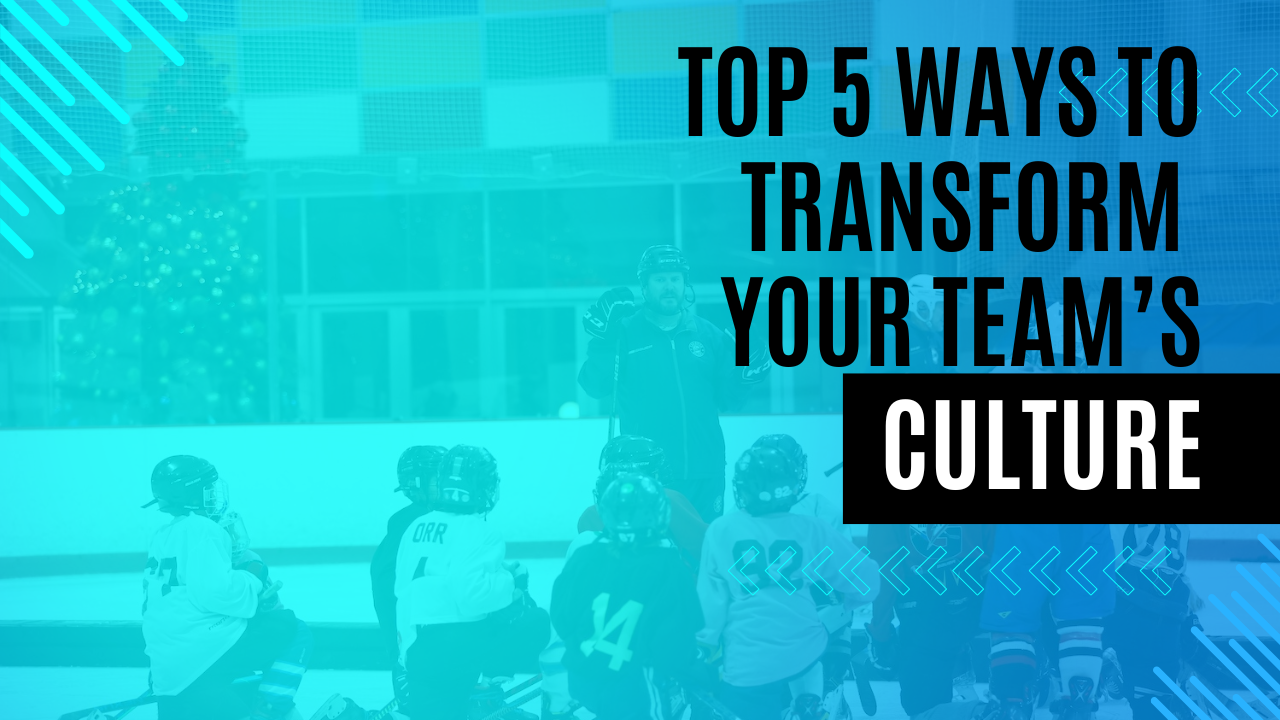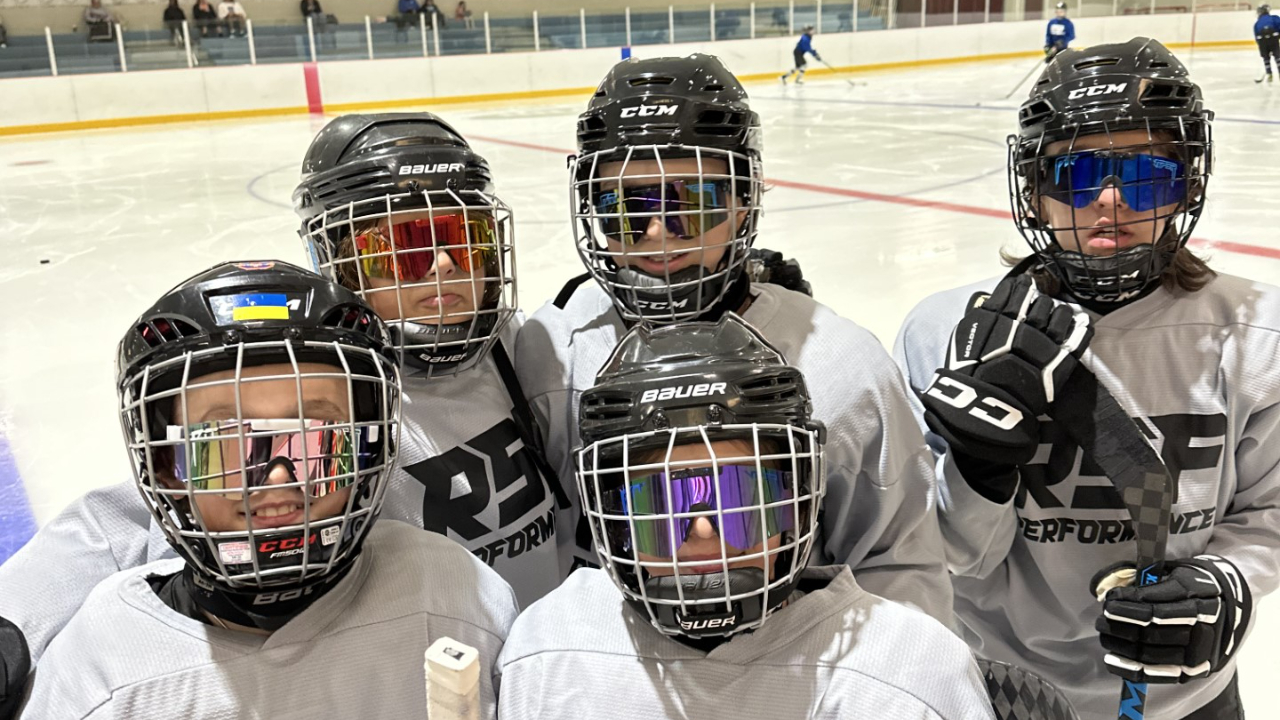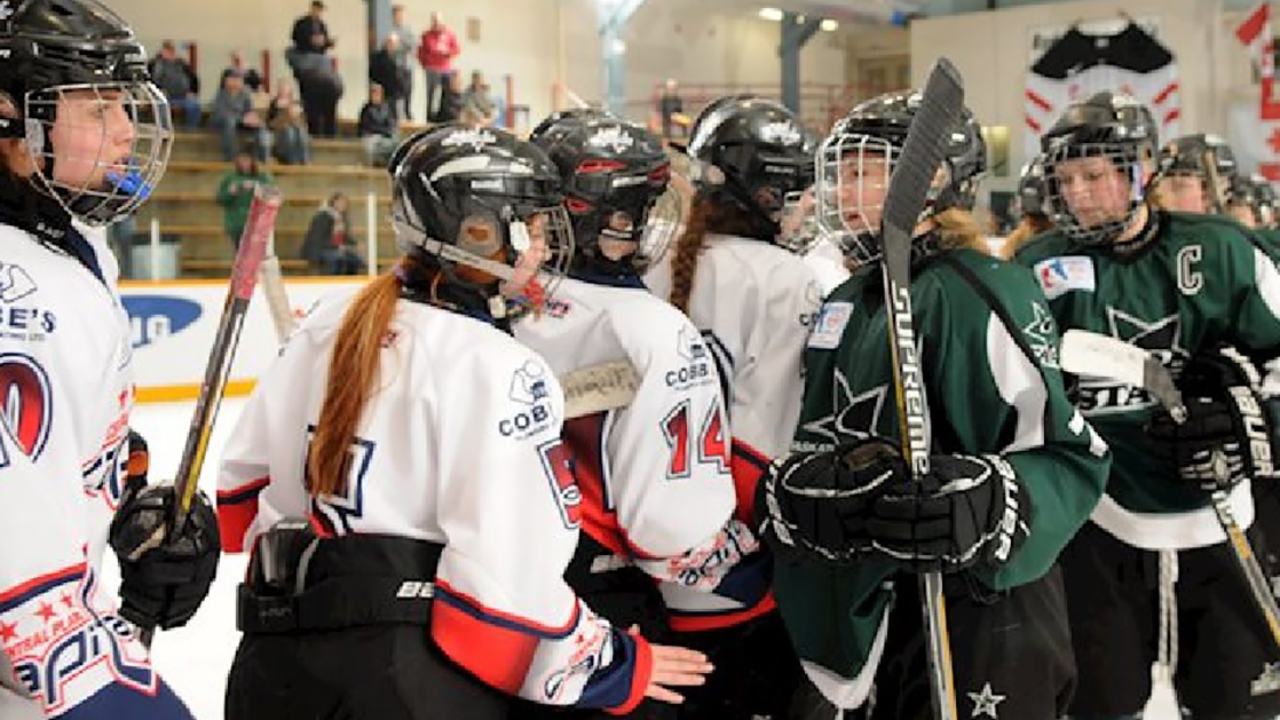
In contemporary sports, in a culture of professionalism and the early specialization of youth, many would argue that the true nature of sport has been lost.
With the pervasive win-at-all-cost attitude, a distinct lack of respect often occurs when observing hockey. Lack of self-respect, for other players, officials and the limited care given to teammates, coaches and the game is often cited as the norm in today’s game.
If there is evidence that a culture of disrespect exists in modern hockey then unsportsmanlike, illegitimate and unsafe practices tend to follow.
Yet somehow, we are surprised by violent and irresponsible acts when they occur in the game. Consider the outbursts of professional players and aggressive rule infractions (questionable body checks from behind in multiple games) in the World Junior Tourney…but rather than cast judgment and condemnation on players, their coaches and the teams they play for...and rather than dismissing the great game of hockey as violent, unsafe and risky; We must look at how we coaches can better teach Sportsmanship!
“Those who can ensure sport retains its value as a humanizing experience are those who care about it the most.”
By teaching Sportsmanship, I assert that a more respectful player must be nurtured and taught just what, why and how they can act ethically. The result is a safer game and the ancillary benefit is that the player is a better citizen and person.
A quick review of literature specific to hockey suggests practical examples of teaching sportsmanship are mostly absent.
Here is how you (Coaches) can begin to teach Sportsmanship in Hockey
- Model positive sporting behaviours – As a coach your role as a leader and teacher demands mentoring players. Leading by example produces profound results. Act accordingly…your players are watching every move you make.
- Emphasize Sportsmanship – In all team activities, and events. On–ice and off-ice positive behaviours become best practices. Over time best practices become team and organizational standards. These standards then become norms entrenched in codes of conduct and organizational values. Positive sportsmanship and behaviours do not just happen. They must be used, re-used, observed, rewarded and reflected on.
- Use positive language - Use language that promotes respect and discipline. Use language that is courteous and kind, that is inclusive and that promotes favourable values. Promote the game's codified rules, and support an ethical standard of play.
- Reinforce and reward “competitive play” – Hockey and all organized sport follows a continuum between seriousness and recreation. Organized games, like hockey, have a purpose. Playing hard, giving best effort, and striving for personal best demonstrate respect for the game, respect for self and respect for others. This notion must be rewarded and reinforced by coaches. As a coach and as a team find ways to create and build respect into your teams’ vocabulary.
- Sportsmanship & success – Discuss and link sportsmanship to success in performance and achievement. Use role models from your community, from other sports and the NHL. Give players perspective and allow empathy towards opponents.
- Establish team rules – Codes of Conduct (for players, coaches, officials, administrators and parents) should be circulated for your team. Coaches should promote these rules and traditions for their teams.
- Add historical perspective – Give players the knowledge that they belong to a “fraternity” of sorts…a lineage, and that they are unmistakably linked to the game’s past. This concept builds reverence and responsibility for the game.
- Teach the rules of the game – Teach the rules of the game. By doing this you will recognize and value the discipline required in sport and acknowledge the limits of competition. Discuss safety and all its aspects and the reasons that rules exist.
“Therefore Junuh, love your opponents. When I say love, I don’t mean hand them the match. I mean contend with them…to death, the way a lion battles a bear, without mercy but with infinite respect. Never belittle opponents in your mind, rather build them up for on the plane of self there can be no distinction between your being and his. Be grateful for your opponent’s excellence. Applaud their brilliance. For the greatness of the hero is measured by that of his adversaries.” Bagger Vance – Randolph Junuh in the Legend of Bagger Vance
Lessons of Sportsmanship in Hockey
Respect Opponents
- Encourage players to watch the game from the bench cheering on good plays by both teams.
- Discourage “jeers” by replacing statements with positive examples.
- Shake hands (when allowed to do so), use taps, nods and encourage others. Reward players who respect and appreciate good athletic accomplishments and efforts on the ice.
- Always treat other coaches and game officials with respect.
- Encourage confidence, enthusiasm and celebration; do not tolerate cockiness, showboating and overzealous “rub-it-in-your-face displays.”
- Try to maintain a positive play emphasis regardless of the score.
- Never whine after a loss or make excuses. Accept defeat graciously. Win with even more graciousness.
- In lopsided contests avoid running up the score.
- When opponents are “vulnerable”, only use safe techniques and tactics within the rules.
“To develop a society of players and a culture devoted to playing is to contribute to a civilized humanistic future”. D. Siedentop
Respect for Team & Teammates
- Praise and recognize the player’s engagement and awareness of the game especially when they are not on the ice.
- Reward and encourage – encouragement; cheering, and congratulations build mutual respect amongst a team. Seek out examples of these behaviours.
- Create a positive learning environment – have parents, siblings and others not on the team surrender the dressing room before and just after games and practices.
- Ask parents and others (through codes of conduct, and formal meetings) to not “coach” their kids.
- Create team rituals and customs like off-ice uniforms and/or dress codes etc. Use dressing room circles, team builders, sitting players in line combinations or pairings in the dressing room, and foster pre-game rituals.
- Use terms of respect towards teammates, coaches and all volunteers. Yes sir, no sir, please and thank yous.
“The sense of mastery gained from increased competence may also generate feelings of self-worth that enable individuals to cope with life in our increasingly complex world. Lauder –Play Practice 2001
Respect Officials
- Address officials positively in a non-emotional manner.
- Have player designates (Assistant Captains, Captains) introduce themselves to officials and have them shake hands with the officials before the game starts.
- Ask officials to meet with your team pre-season to discuss rule changes, and rule emphasis, and offer the referees perspectives on league play and the game.
- Congratulate the referee & linesman (Coaches) with a pre-game handshake or fist bump. Sincerely, appreciate excellence in officiating with your team… “Wow, that ref had a great game.”
- Apologize if emotions flare by attending to the ref's room after the game (ask permission before entering). Have players do the same if they “lost it”.
- Address language or conversations blaming officials for a loss stressing that it is an acknowledged part of the game... that human judgement presides. Explain that human judgement is not perfect.
Respect the Game
- Teach players customs, values, and ethics found in the game. Simple gestures like “goalies out first” from the dressing room, neat uniforms… sweaters hung up not on the floor” go a long way in building a team.
- Players should always show "hustle". Playing hard, and striving for personal best effort shows respect for self, the team, the game, and opponents. It reflects the attitude that it is a privilege to play.
- Encourage knowledge and a study of the game.
- Talk about sports and hockey icons, innovators and leaders in the game…tell stories about them and others in sports.
- Encourage acceptable behaviours “within the game”; discouraging behaviours when players act as if they are above the game; acting cool or that the game owes them something.
Respect between Players and Coaches
- Ask players to call you Coach…this role comes with respect.
- Expect and create situations where players can and will have to listen to instructions. Eliminate distractions. Do not tolerate non-listening. Use good teaching techniques.
- Deal with signs of disrespect immediately; eyes rolling, brooding, lack of hustle, challenging authority, talking back; these erode trust, and acceptance and show disrespect to coaches (and others).
- Demonstrate your respect for families, other players, and other coaches. Showing respect, and trusting others is to be trustworthy.
- Model sportsmanship and teach sportsmanship through example, instruction, rules, routines and habits.
